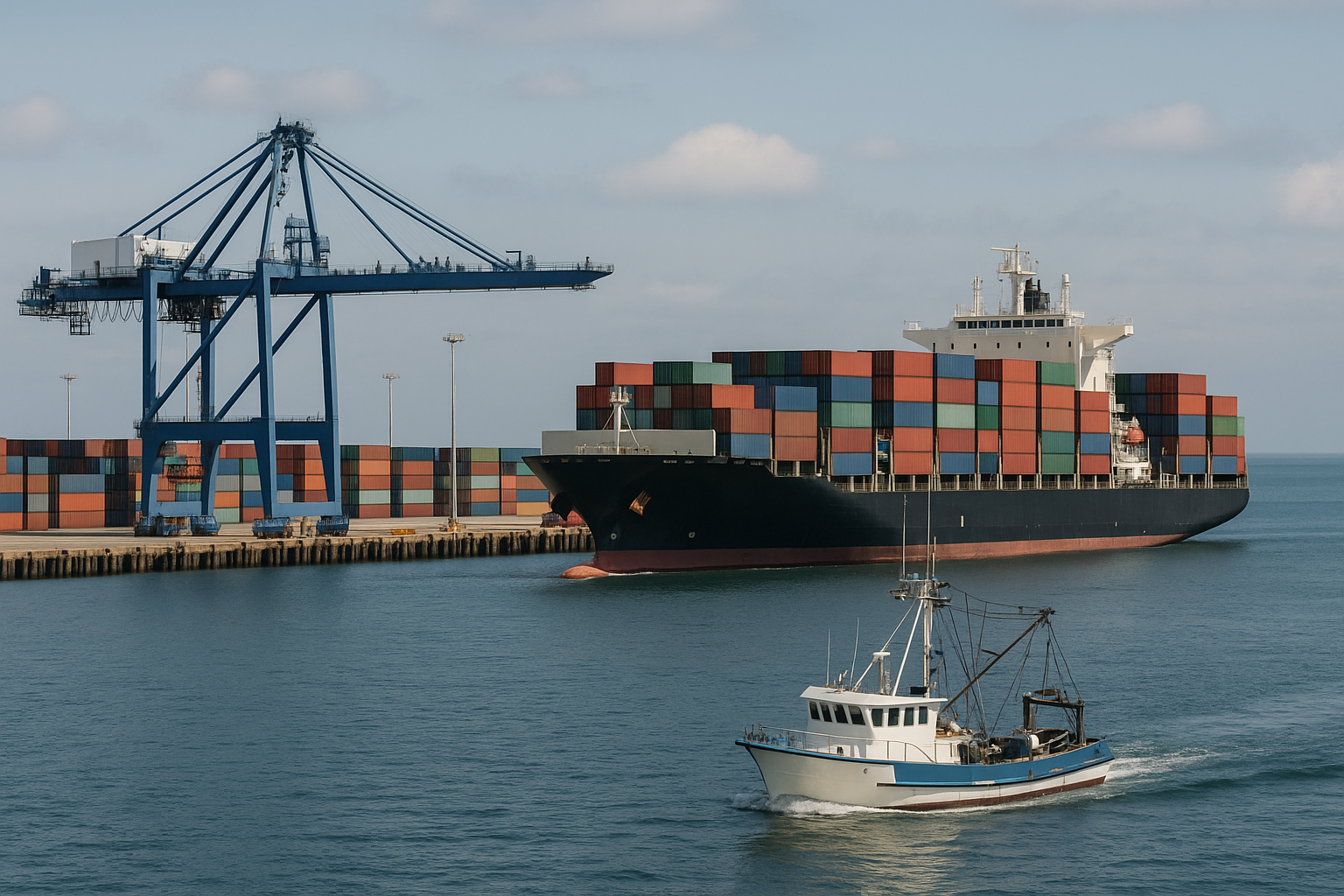WTO 2025 Annual Report Highlights Trade Challenges, Achievements, and Future Role
The Annual Report begins with a high-level summary of the WTO’s achievements and challenges over the past year, before presenting detailed accounts of its work in each policy area.

The World Trade Organization (WTO) has released its 2025 Annual Report, providing a detailed review of the organization’s work during 2024 and the early months of 2025. The publication offers an in-depth look at key developments, including the outcomes of the 13th Ministerial Conference (MC13) held in February 2024, as well as the WTO’s continuing efforts to address unprecedented disruptions in global trade.
Director-General’s Message: A Pivotal Moment for Global Trade
In her opening remarks, WTO Director-General Ngozi Okonjo-Iweala reflected on the 30th anniversary of the Uruguay Round agreements, which transformed the General Agreement on Tariffs and Trade (GATT) into the WTO. She noted that since 1995, open and predictable international markets, anchored in WTO rules, have boosted global economic growth, enhanced purchasing power, and supported macroeconomic stability for both developed and developing economies.
However, she warned that the current global trading system faces its greatest challenges since World War II, with multilateral cooperation itself under strain. Geopolitical tensions, supply chain disruptions, climate-related shocks, and protectionist measures have all contributed to a turbulent environment for global commerce.
“One silver lining of the current disruptions,” she wrote, “is that they have reminded many governments, businesses, and households why the predictable trading conditions they had come to take for granted are so valuable. The WTO remains a critical forum where all 166 members can share trade concerns and propose solutions.”
Beyond Tariffs: Expanding the Scope of Trade Governance
The report emphasizes that world trade is about much more than tariffs. WTO committees work across a broad spectrum of issues:
-
Health and safety standards — ensuring consumer protection while minimizing unnecessary trade barriers.
-
Technical regulations — promoting harmonization and reducing compliance costs for exporters.
-
Trade facilitation — accelerating the movement of goods across borders through simplified customs procedures.
-
Services trade — expanding market access in finance, telecommunications, tourism, and other sectors.
-
Intellectual property rights (IPR) — protecting innovation while facilitating access to essential technologies.
-
Government procurement — promoting transparency, competition, and efficiency in public purchasing.
These specialized committees and agreements collectively support an integrated and rules-based trading system, ensuring that trade flows remain resilient even in challenging times.
Review of Key WTO Activities in 2024–2025
The Annual Report begins with a high-level summary of the WTO’s achievements and challenges over the past year, before presenting detailed accounts of its work in each policy area. Highlights include:
-
MC13 Outcomes — updates on multilateral negotiations and new work programs initiated in February 2024.
-
Dispute settlement updates — including cases brought before panels and the Appellate Body-related reform discussions.
-
Trade monitoring — documenting measures affecting goods, services, and investment.
-
Capacity-building initiatives — targeted training programs for developing and least-developed countries (LDCs).
-
Work on digital trade — supporting negotiations on e-commerce and data flows.
-
Sustainability and climate — advancing discussions on trade-related environmental measures.
Institutional Transparency and Accountability
In addition to its policy review, the report provides data on the WTO’s organizational structure, staffing, and budget, underscoring its commitment to transparency. This includes information on:
-
The composition and rotation of the Secretariat’s leadership.
-
Geographic and gender diversity among staff.
-
Annual budget allocations and financial management practices.
Looking Ahead
The Director-General reiterated that the WTO’s future relevance depends on its ability to adapt to the evolving global economy. This means addressing contemporary challenges such as:
-
Climate change and the role of trade in supporting a green transition.
-
Digital transformation and the governance of cross-border data flows.
-
Supply chain resilience in the face of geopolitical and environmental risks.
-
Inclusive growth, ensuring that trade benefits reach small businesses, women entrepreneurs, and marginalized communities.
By fostering rules-based cooperation, the WTO aims to help members navigate an increasingly complex trade landscape while preserving the core principles of transparency, predictability, and non-discrimination.










